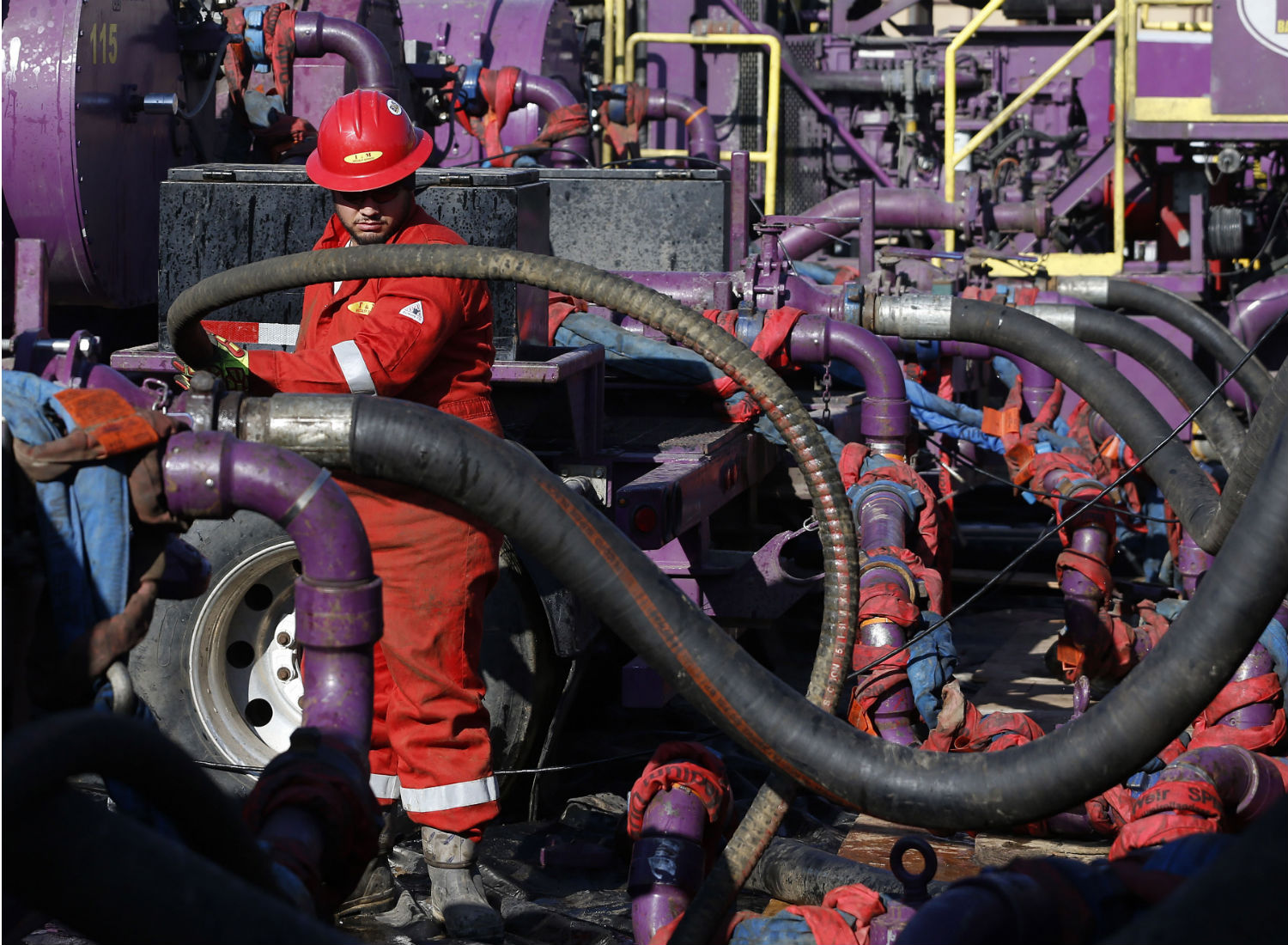
Are Fracking Workers Being Poisoned on the Job? Are Fracking Workers Being Poisoned on the Job?
A new study suggests air pollution near fracking sites may be worse than previously estimated—putting workers and local residents at increased risk of cancer, birth defects and oth...
Nov 10, 2014 / Michelle Chen
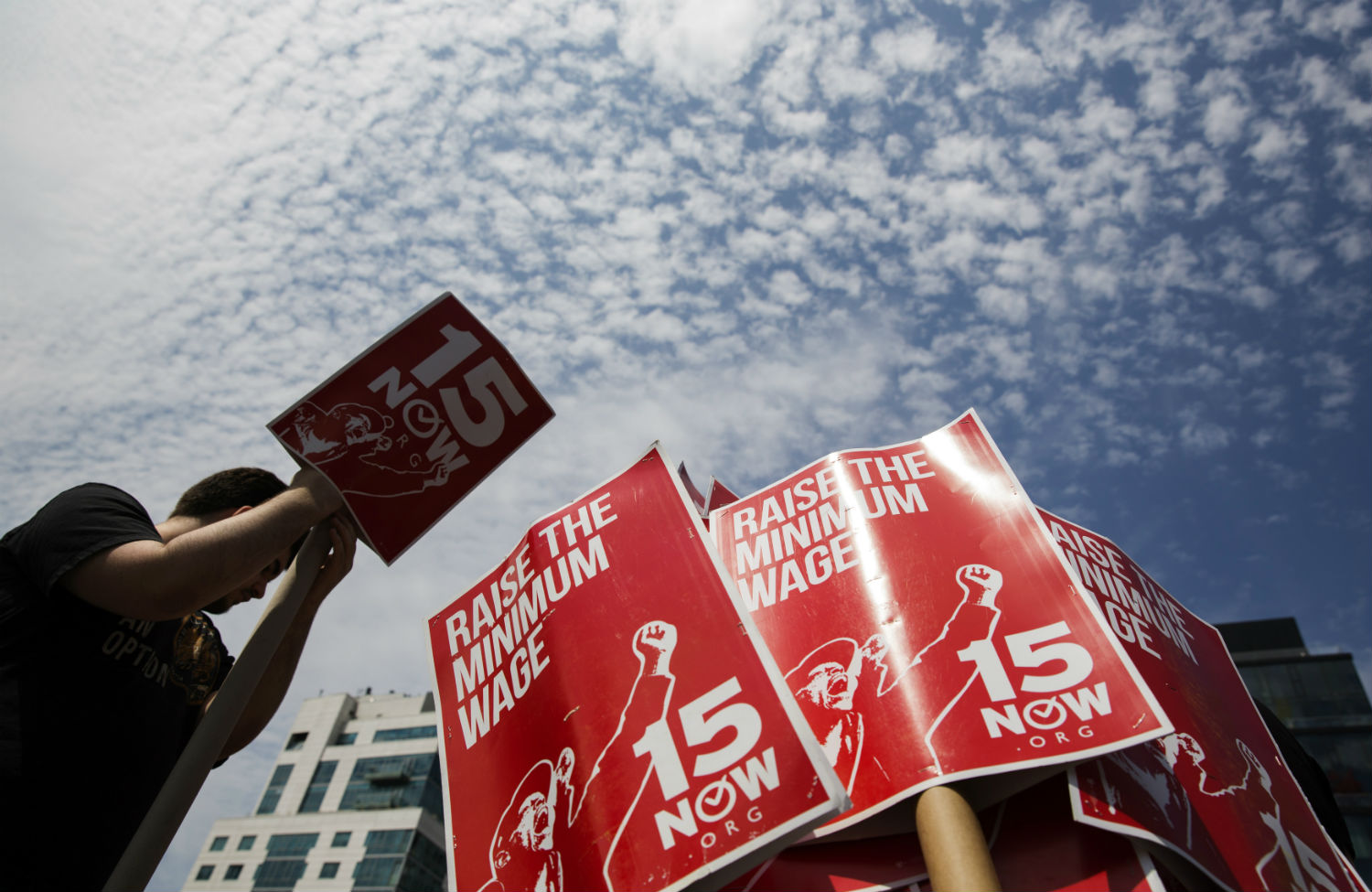
Minimum-Wage Workers Just Got a Raise, but Will Bosses Steal It? Minimum-Wage Workers Just Got a Raise, but Will Bosses Steal It?
This year’s midterms raised the minimum wage in four states and two cities across the country—now it’s time to make sure those wages get paid.
Nov 7, 2014 / Michelle Chen
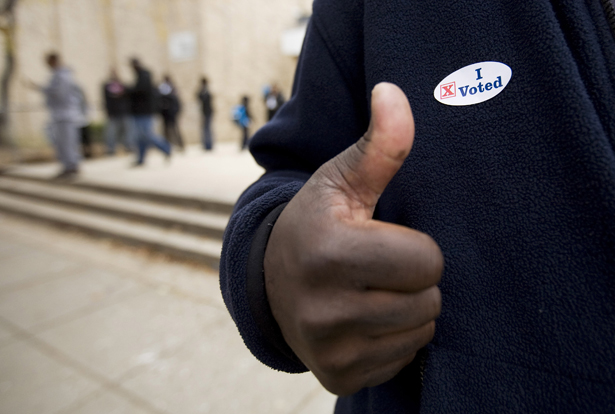
Higher Minimum Wages Just Passed in Four States and Two Cities Higher Minimum Wages Just Passed in Four States and Two Cities
Amid disappointing election results, progressives won big on one campaign: raising the minimum wage.
Nov 5, 2014 / Michelle Chen

Jerusalem’s Palestinian Neighborhoods Are Under Economic Siege Jerusalem’s Palestinian Neighborhoods Are Under Economic Siege
Palestinians in East Jerusalem face not just a wall but a welfare system designed to impoverish and ultimately remove them.
Nov 4, 2014 / Michelle Chen
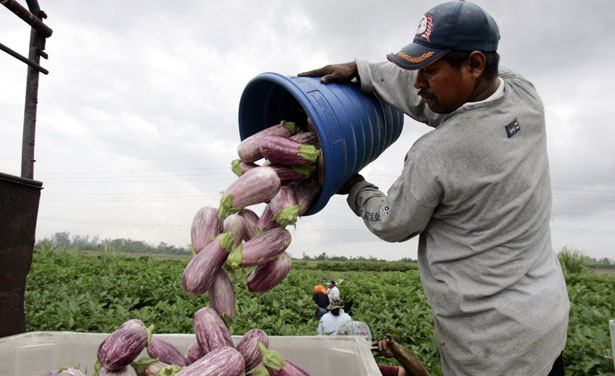
Can the Foodie Trend Also Help Food Workers? Can the Foodie Trend Also Help Food Workers?
Los Angeles is trying to make good jobs vital to producing good food.
Nov 3, 2014 / Michelle Chen
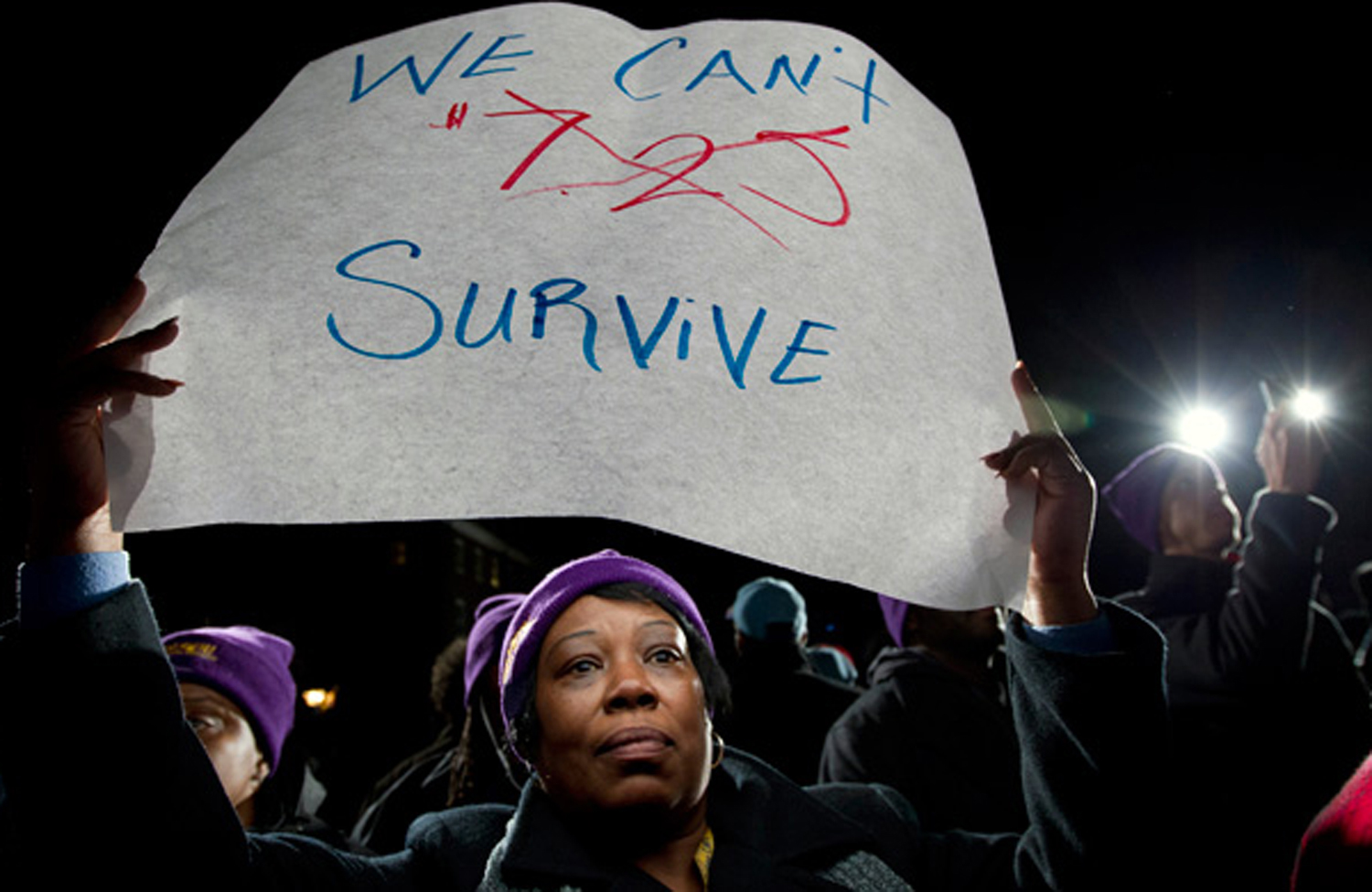
What Happens When People—Rather Than Politicians—Are Given the Chance to Vote for a Higher Minimum Wage? What Happens When People—Rather Than Politicians—Are Given the Chance to Vote for a Higher Minimum Wage?
Who decides the minimum wage? In several ballot initiatives next week, the people will.
Oct 29, 2014 / Michelle Chen
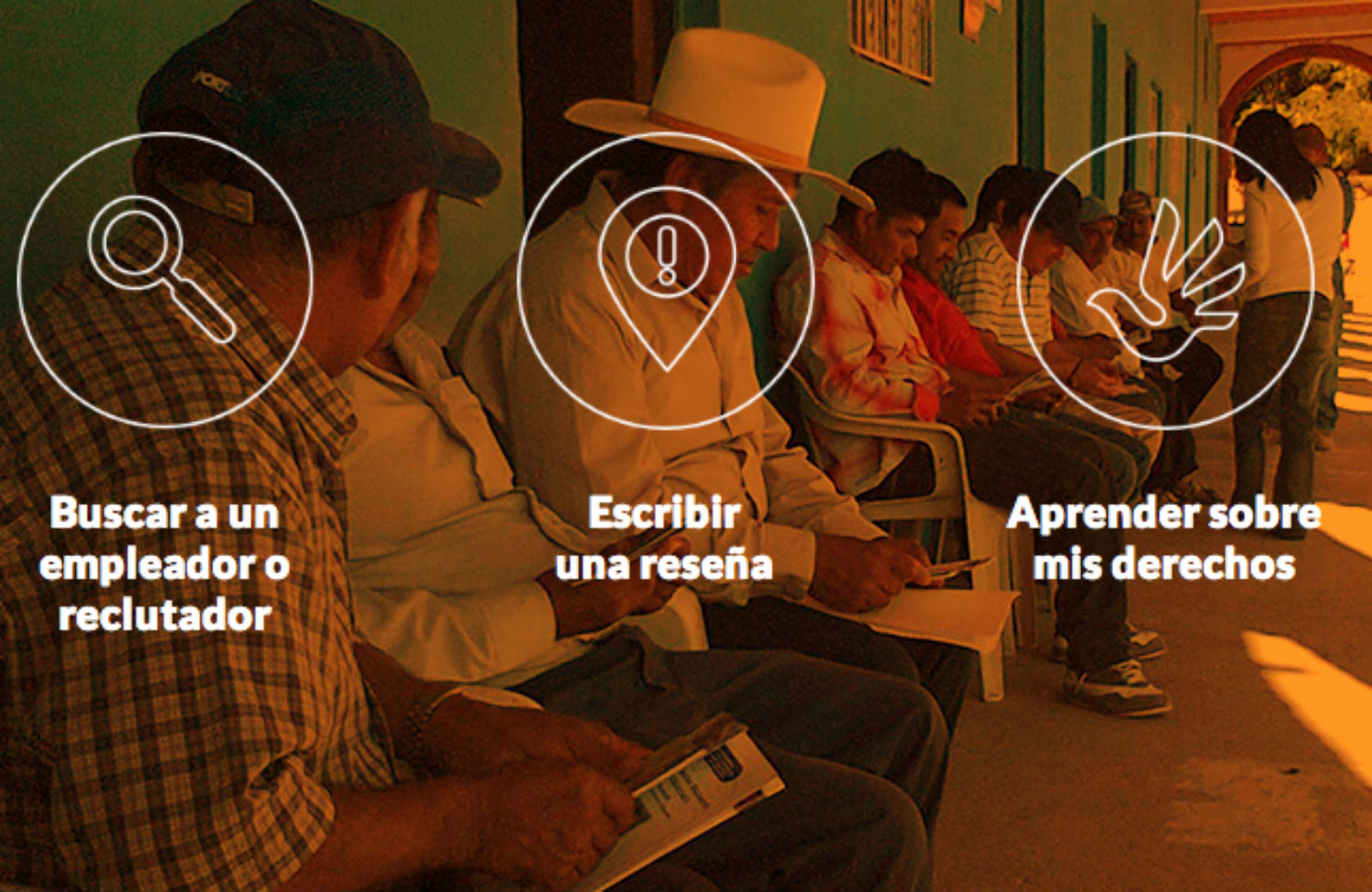
Can a ‘Yelp’ for Immigrant Guestworkers Help Them Avoid Abusive Bosses? Can a ‘Yelp’ for Immigrant Guestworkers Help Them Avoid Abusive Bosses?
In the fight against labor exploitation, a new tool allows workers to be their own watchdogs.
Oct 27, 2014 / Michelle Chen
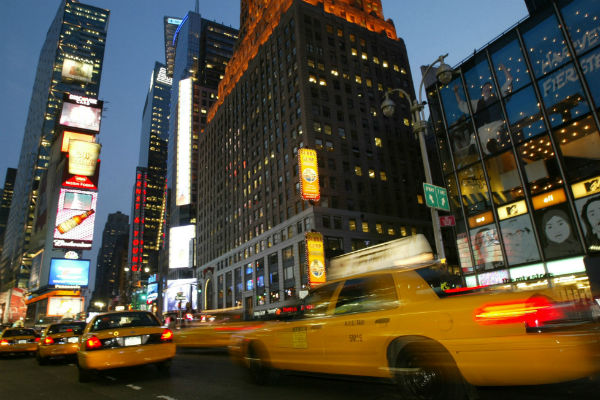
Do You Realize How Dangerous It Is to Drive a Taxi? Do You Realize How Dangerous It Is to Drive a Taxi?
Taxi and livery drivers suffer homicide rates twenty to thirty times higher than other occupations.
Oct 24, 2014 / Michelle Chen
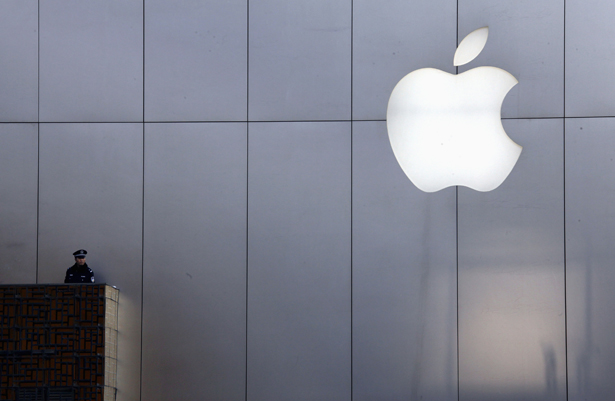
Can Consumer Campaigns Actually Improve Tech-Sector Labor Practices? Can Consumer Campaigns Actually Improve Tech-Sector Labor Practices?
The Electronics Watch coalition has a plan: harness consumer power to hold tech giants accountable.
Oct 22, 2014 / Michelle Chen
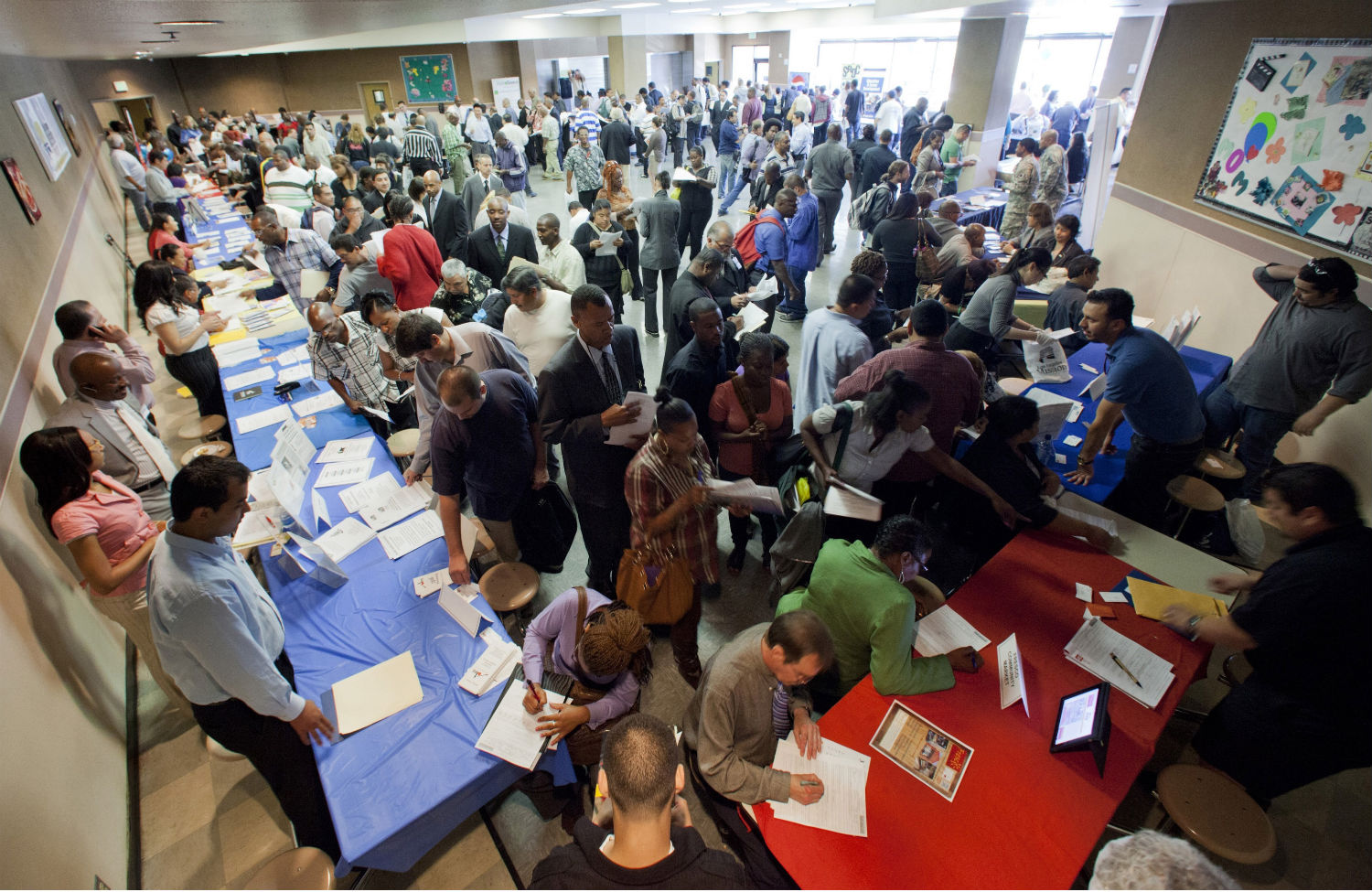
A Real Sharing Economy A Real Sharing Economy
One of the overlooked problems driving our country’s jobs crisis isn’t unemployment—it’s just not having enough work. The shadow figure that lurks behind the unemployment rate is underemployment: people who want—and need—full-time work but are only able to find part-time hours, or who have gotten “discouraged” from job-seeking. Including those people, the broad measure of underemployment hovers around 12 percent. These days, people struggle full-time to juggle multiple part-time jobs, even as they suffer from the loss of healthcare and other social protections. They are overworked and underemployed. But it’s not that the underemployed simply want to work more; they also want to earn more. One way to square the lack of work with the need for income is work-sharing, which allows companies to distribute hours so that people work less, while ensuring that there’s still enough work to go around to prevent layoffs. For example, as explained in a new study by the National Employment Law Project, if a factory wants to cut its workforce by the equivalent of five employees, “Under work-sharing, the employer could instead reduce the hours of 25 employees by 20 percent, and those workers would receive a pro-rated [unemployment insurance] payment for their one day per week of unemployment, while maintaining any existing health and retirement benefits.” Cutting back hours typically harms workers, but what makes work-share less painful is that the government subsidizes the balance. About half of the fifty states have implemented some form of work-sharing, but now state lawmakers are approaching a year-end federal deadline to apply for funds. A bill to renew the legislation, the Layoff Prevention Act, is pending. Please support our journalism. Get a digital subscription for just $9.50! The central premise of work-sharing is that the state has a responsibility to support the restructuring of labor to protect workers. This is not a new idea: work-sharing is more widespread in European countries, particularly Belgium, Germany and Italy—and California introduced a statewide work-sharing program in the late 1970s. In the wake of the Great Recession, Washington passed legislation allowing states to use federally approved work-share programs to cope with epidemic levels of long-term joblessness. Politicians try to spin the economic crisis by talking about the need for “shared sacrifice”—code for coddling big business at the expense of workers. Now that Washington is offering a small way to redistribute workers’ time without sacrificing all their income, states have a chance to really put their money where their mouth is. Read Next: Peter Van Buren on the new minimum-wage economy
Oct 22, 2014 / Michelle Chen

